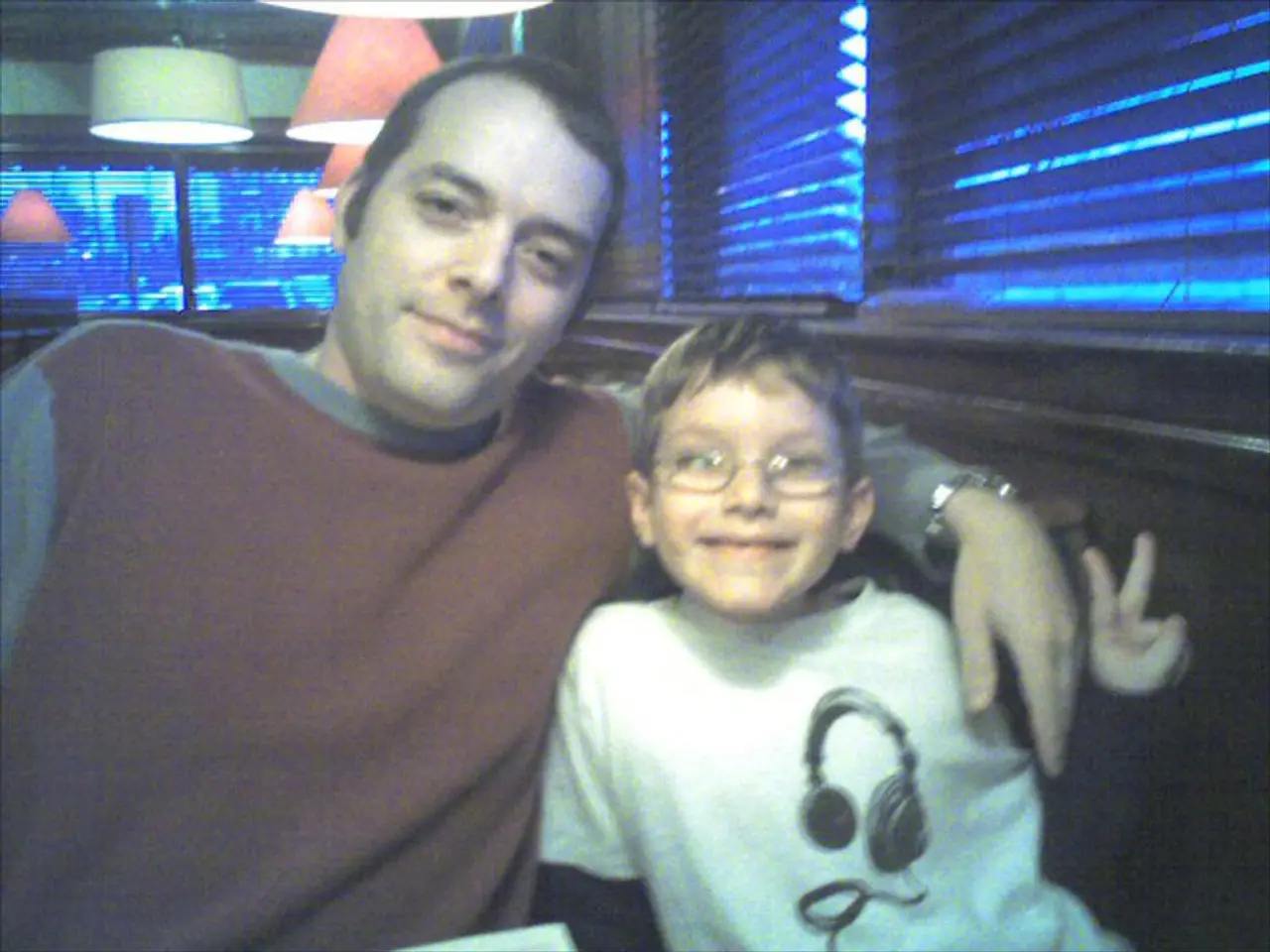If the inclusivity approach does not succeed, the consequence may be widespread dysfunction or breakdown.
In Germany, physically and visually impaired individuals face numerous challenges in accessing education and vocational training. These challenges include limited accessibility of educational materials and facilities, inadequate support services, barriers in vocational training programs, social and attitudinal barriers, and navigating complex bureaucratic processes.
One individual who embodies these struggles is Jan Christopher Weber, a 34-year-old resident of Münster. Born with Hydrocephalus, a condition often referred to as water on the brain, Weber has undergone approximately 30 operations throughout his life. Due to several operations in 2007 and 2008, Weber was unable to complete regular schooling in the 10th grade.
Weber's journey to vocational training was also fraught with difficulties. In 2008, he arrived at a vocational training center in Volmarstein, but it was too late, and he was unable to make up for lost time, accumulating further absences due to operations and rehabilitation. Weber's physical disability made it difficult for him to find suitable vocational training centers, as manual, technical work centers were not an option, and he was rejected from sight-focused centers due to his vision being deemed too good for their special offers.
The Landschaftsverband Westfalen Lippe (LWL) recognises these deficits in the labor market and education system, with Social Affairs Director Takis Mehmet Ali advocating for binding, barrier-free educational and training paths that cater to the needs of individuals like Weber, rather than rigid system boundaries.
The UN Convention on the Rights of Persons with Disabilities, which has been in force in Germany since 2009, emphasises the right of people with disabilities to equal access to educational and vocational training, and the right to earn a living in an open, inclusive, and accessible labor market.
In response to these challenges, the opposition CDU in Münster is pushing for a significantly higher municipal employment quota for disabled people. The Ministry of Education also highlights a wide range of support for students with disabilities, including career orientation, and the option for adults to obtain a school-leaving qualification at evening real schools.
However, Weber's story underscores the need for more comprehensive and inclusive solutions. He continues his efforts to find suitable vocational training opportunities, hoping for a quick chance, as he believes the longer he has to wait, the more difficult it will be for him to find a job, considering his two disabilities.
For authoritative and up-to-date information on this topic specific to Germany and examples like Jan Christopher Weber, consulting specialized disability advocacy organisations, government reports, or academic research focusing on inclusive education and training in Germany would be necessary.
- Jan Christopher Weber's struggle for education and vocational training, despite his physical and visual impairments, highlights the importance of mental health and personal growth, as his resilience in facing numerous barriers demonstrates the need for comprehensive health-and-wellness and education-and-self-development support for individuals with disabilities in Germany.
- The UN Convention on the Rights of Persons with Disabilities, ratified by Germany in 2009, advocates for equal access to science, health-and-wellness, education-and-self-development, and mental-health resources for individuals with disabilities, emphasizing their right to participate fully and equally in all aspects of life.
- In an effort to address these challenges, initiatives such as the opposition CDU in Münster's push for a higher municipal employment quota for disabled people, and the Ministry of Education's support for students with disabilities, including career orientation and the option for adults to obtain a school-leaving qualification, demonstrate a commitment to learning and personal growth, while also driving advancements in science and society.




